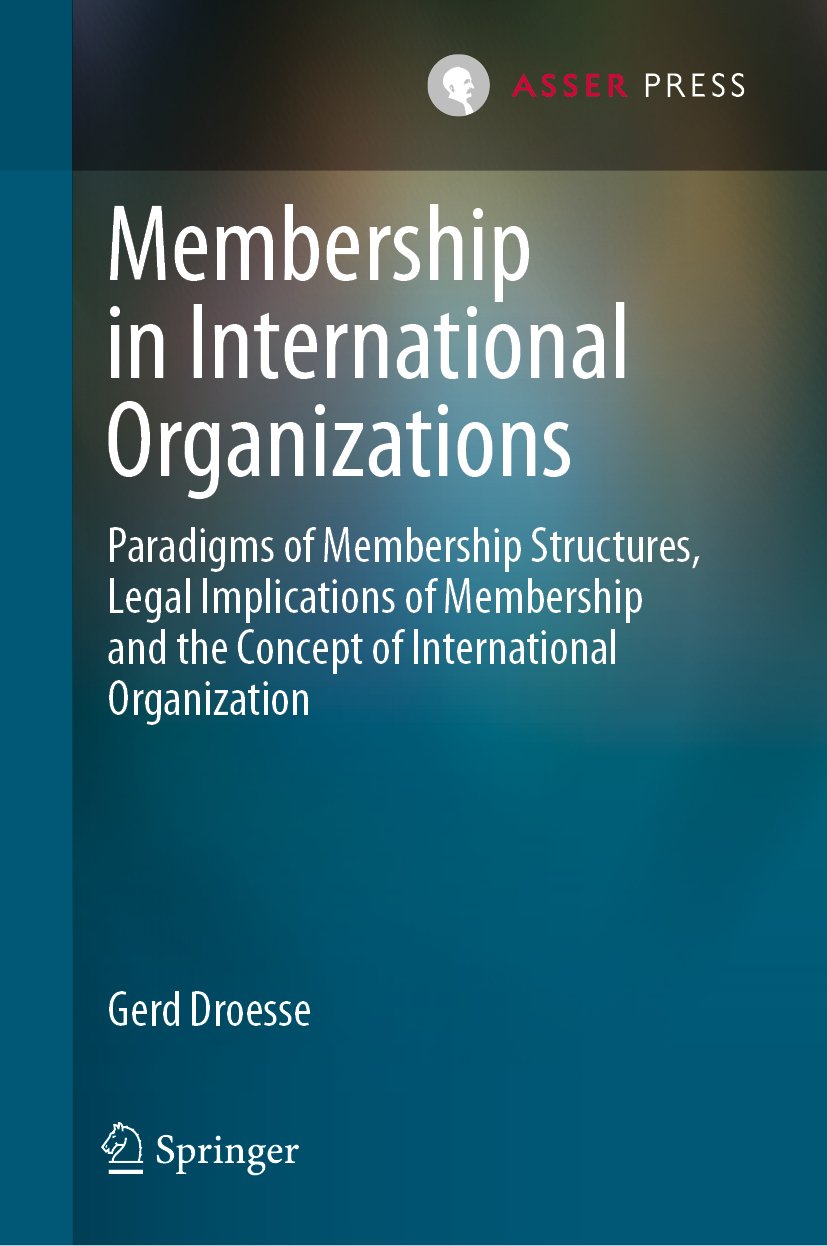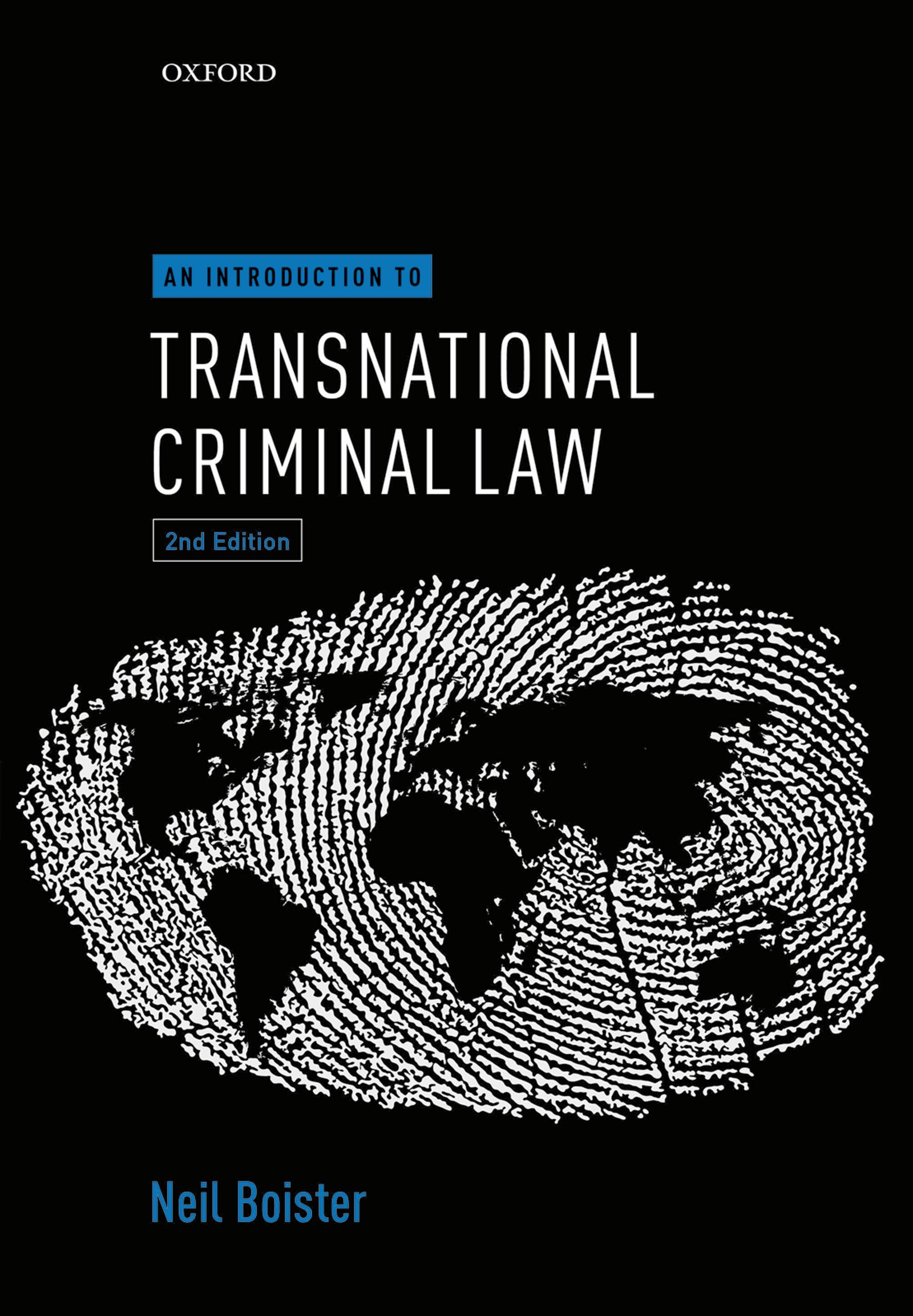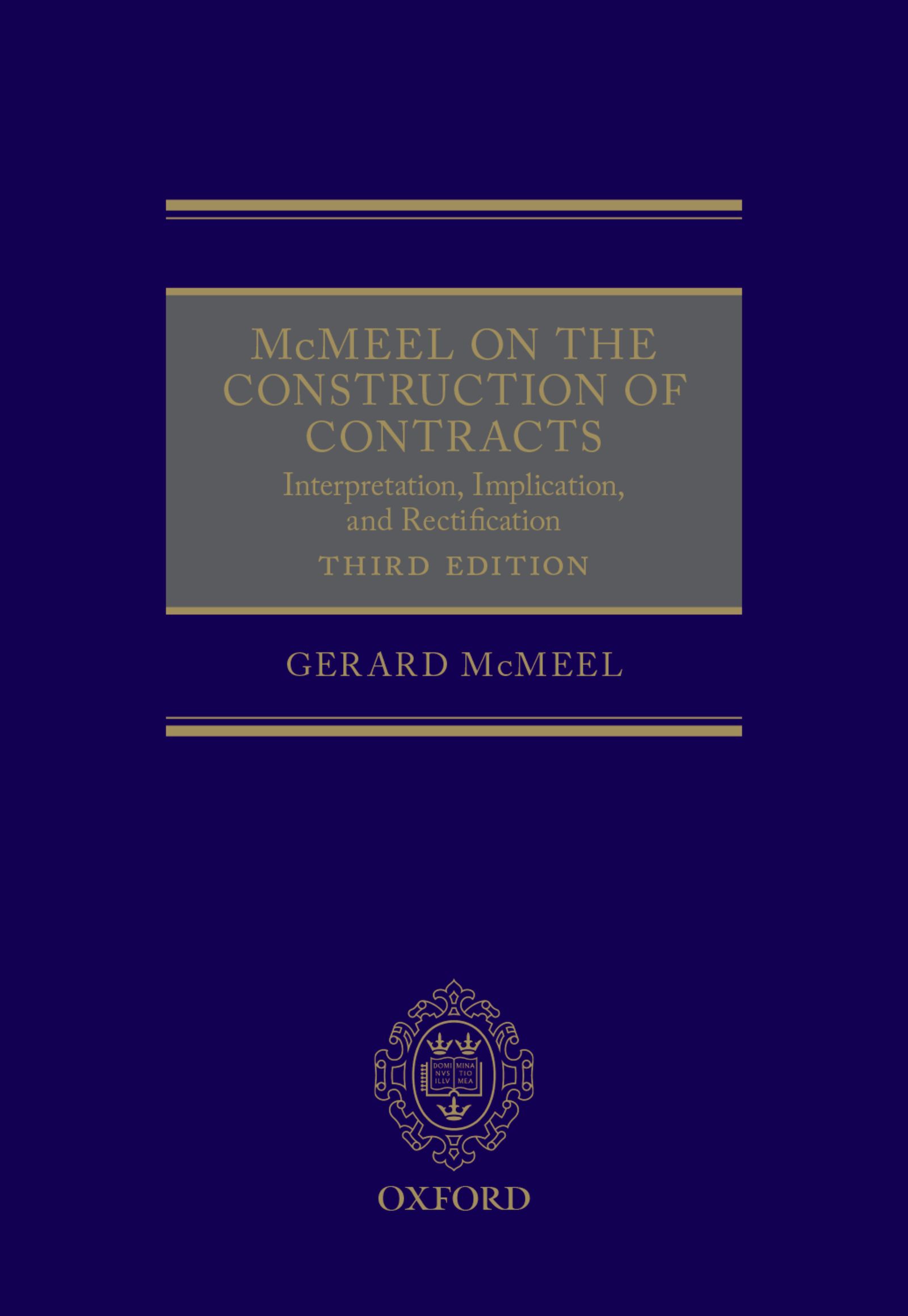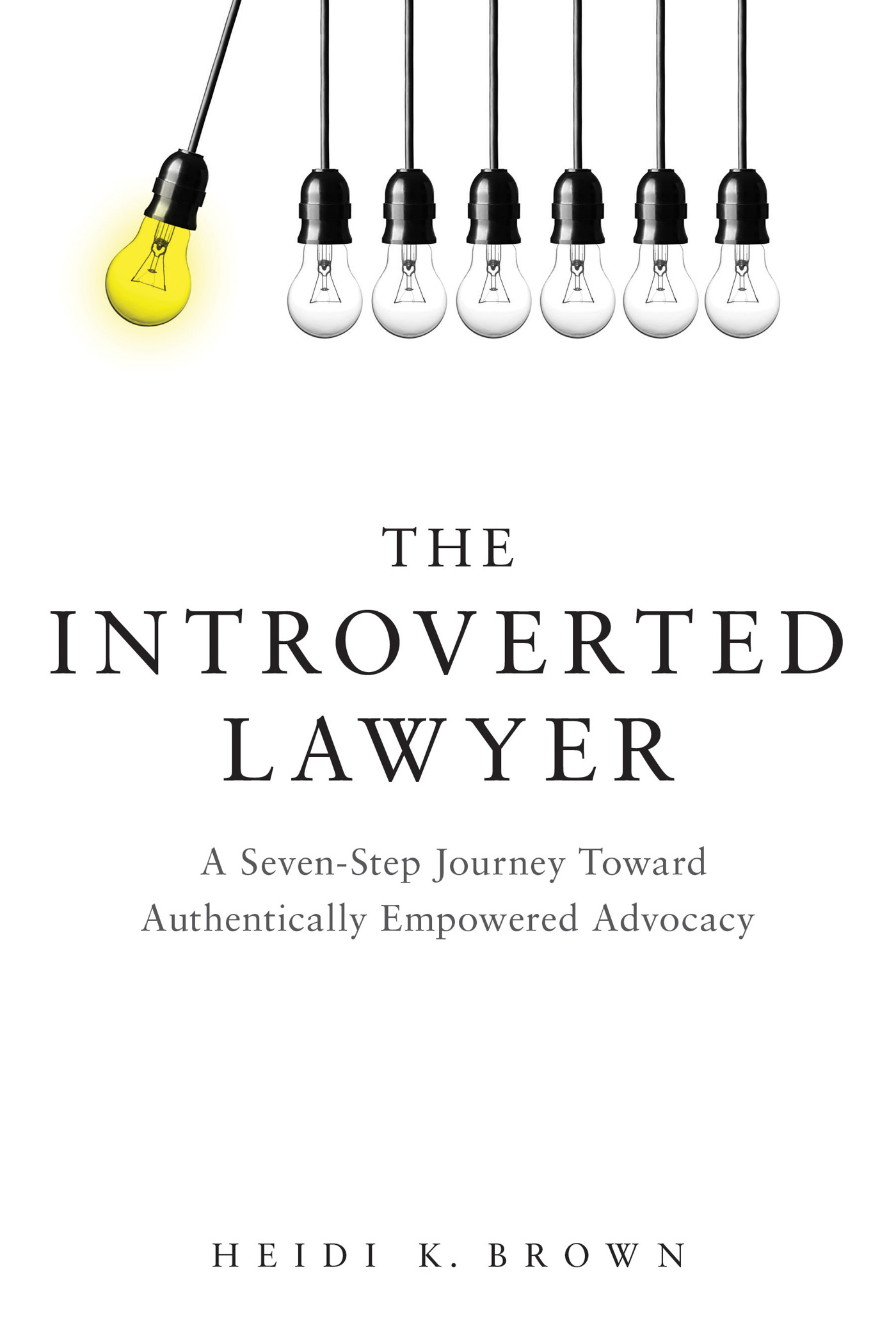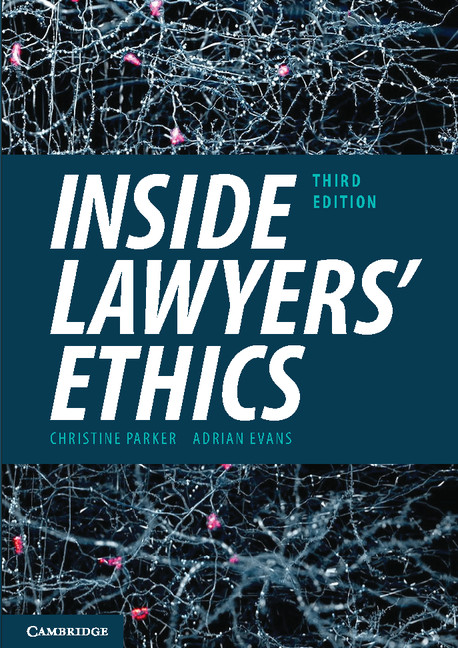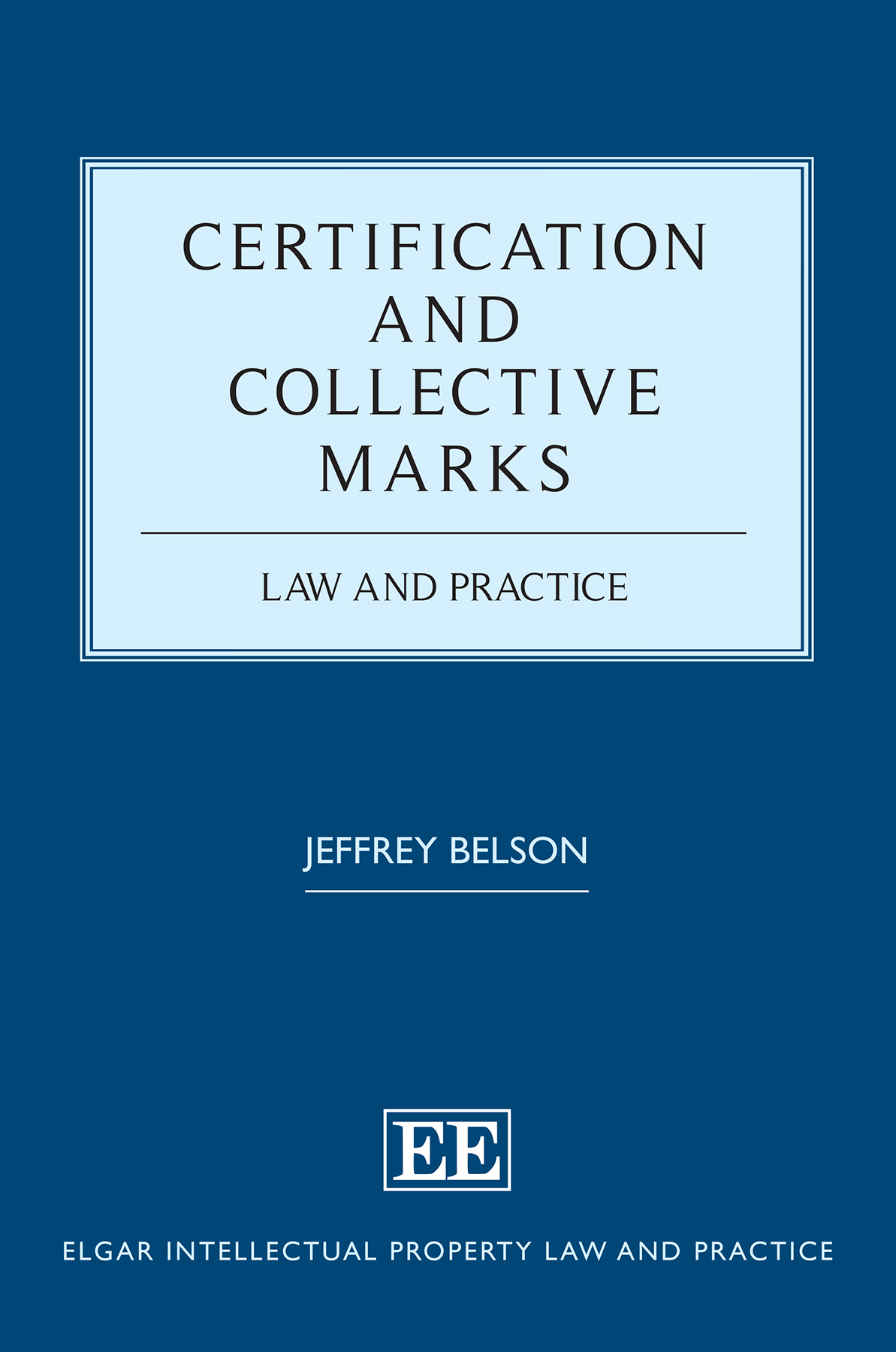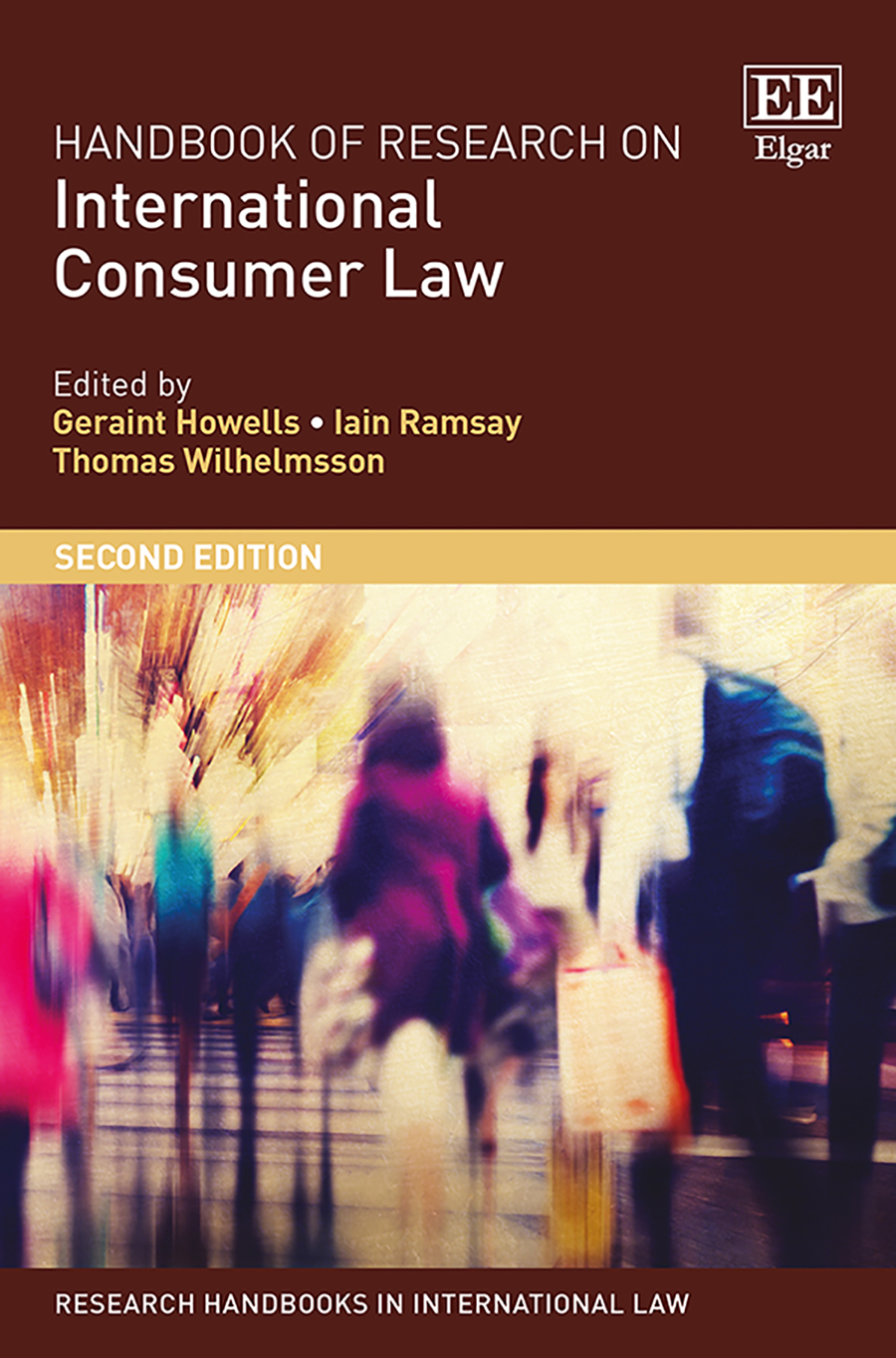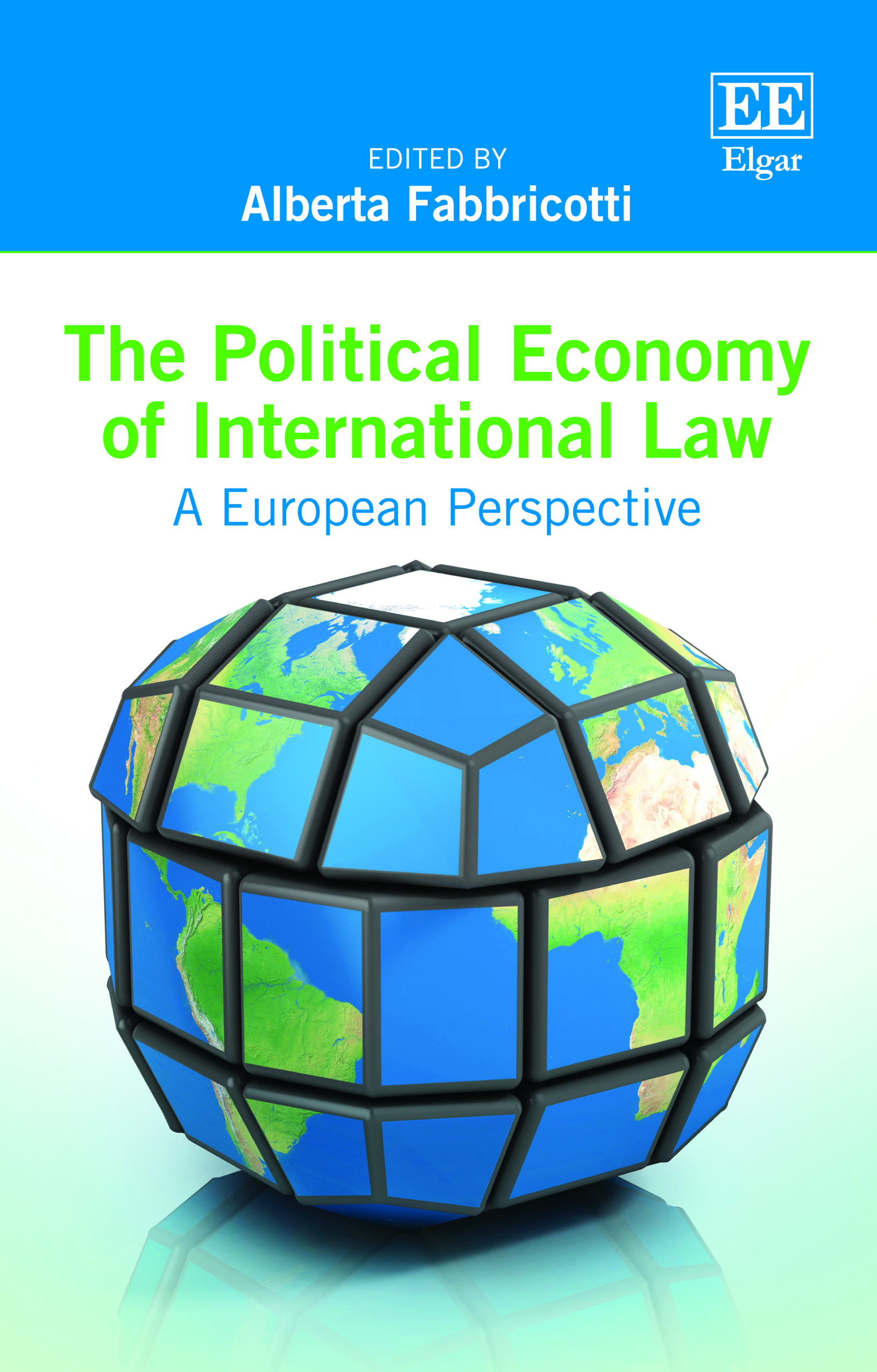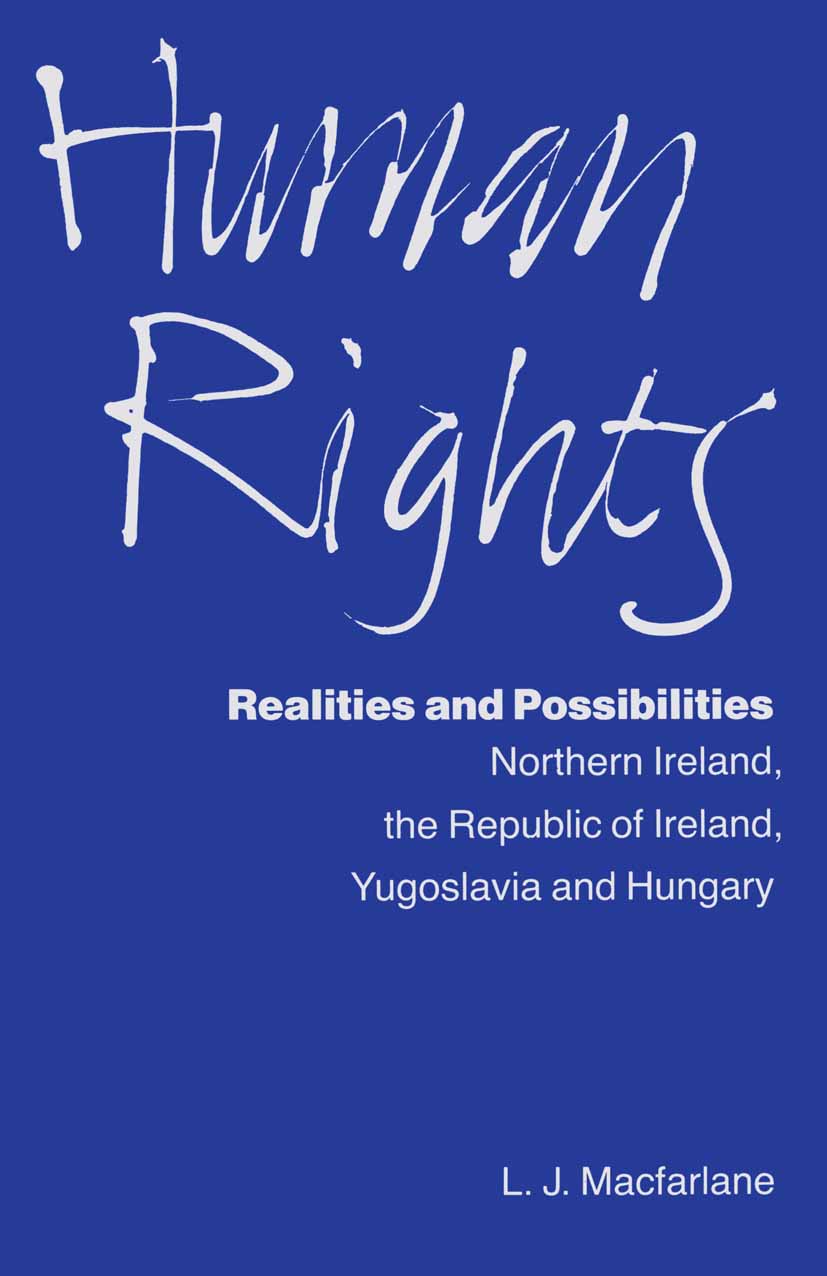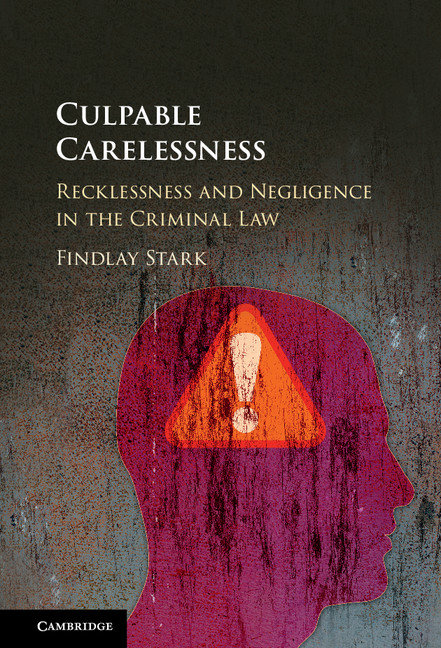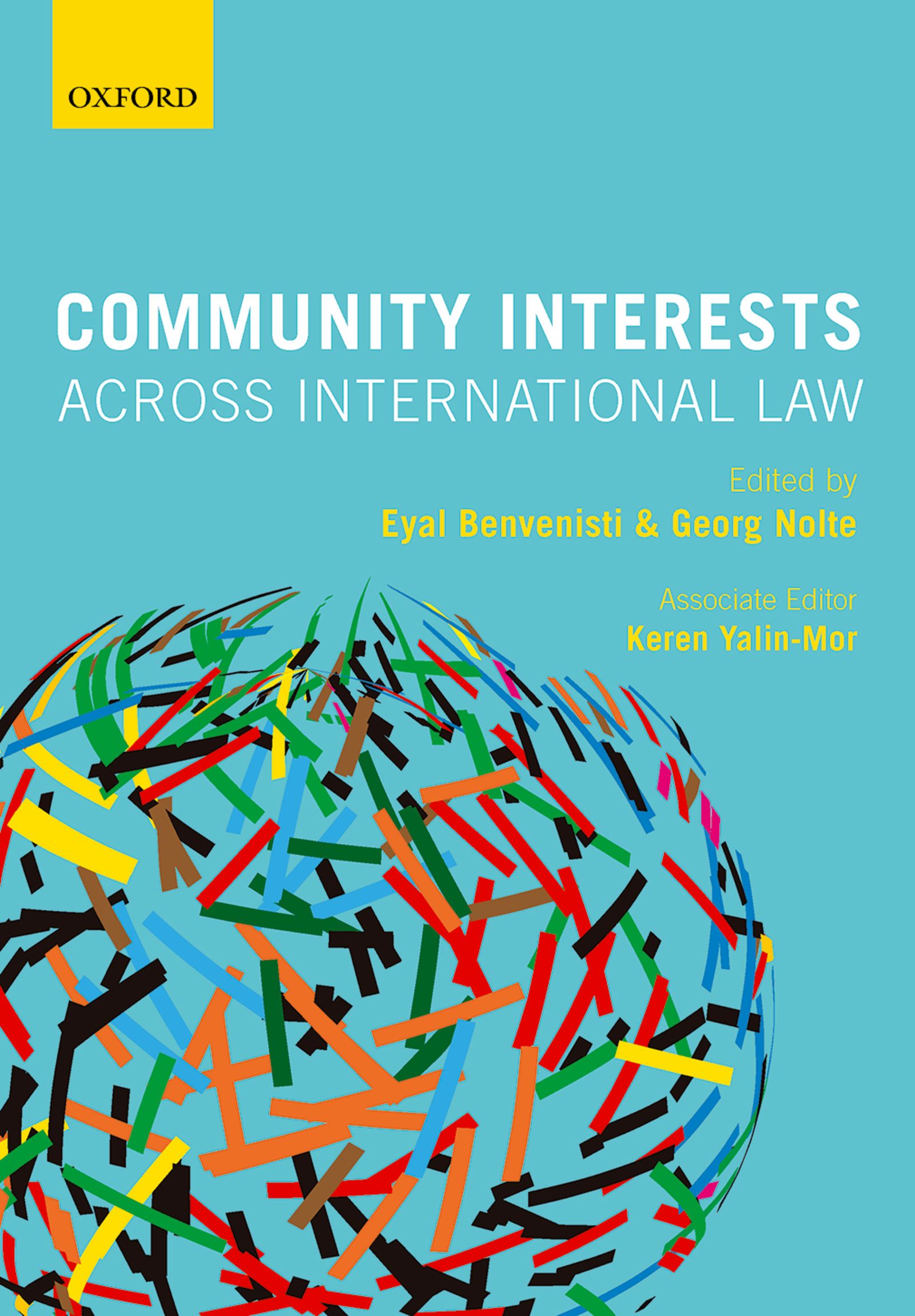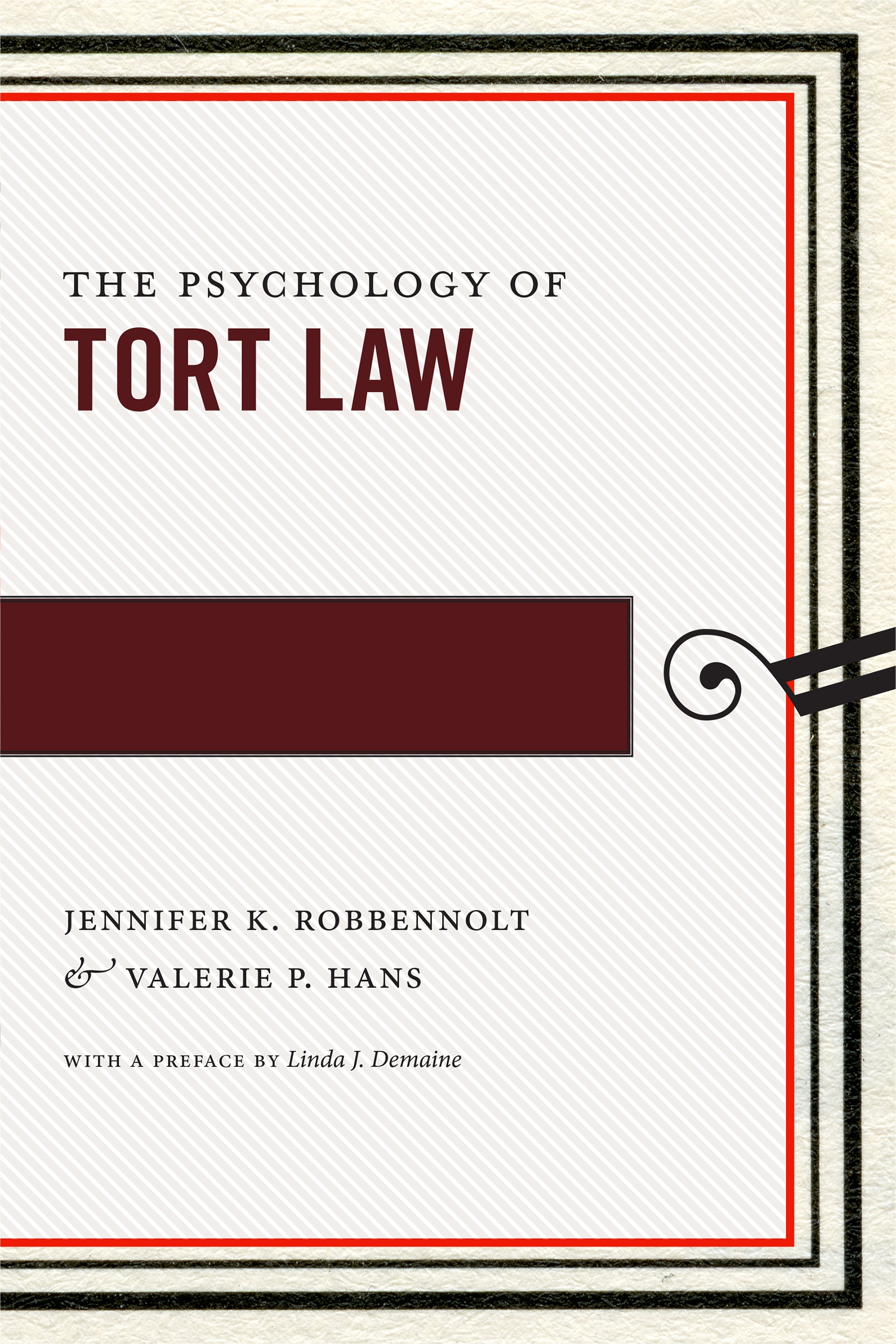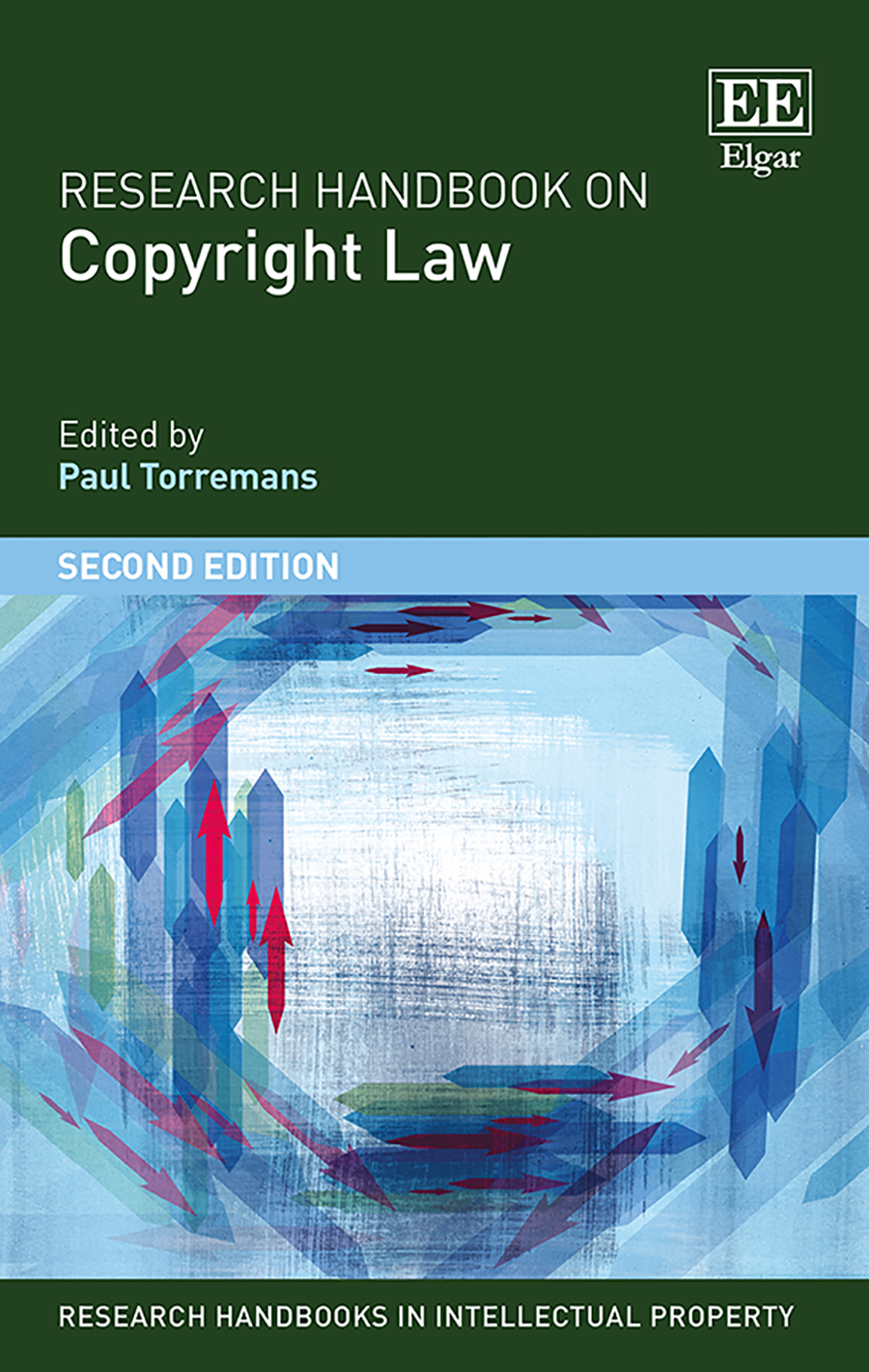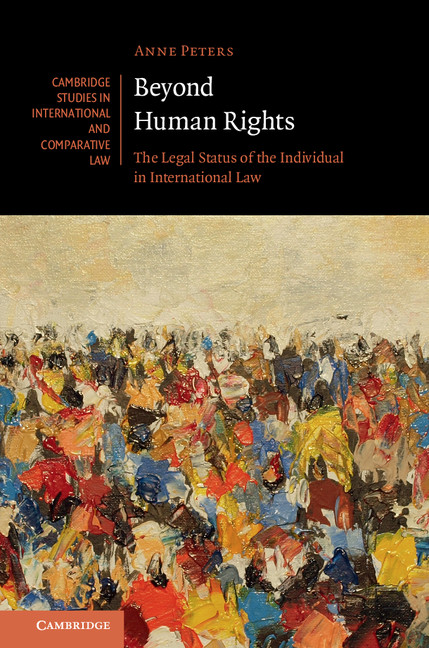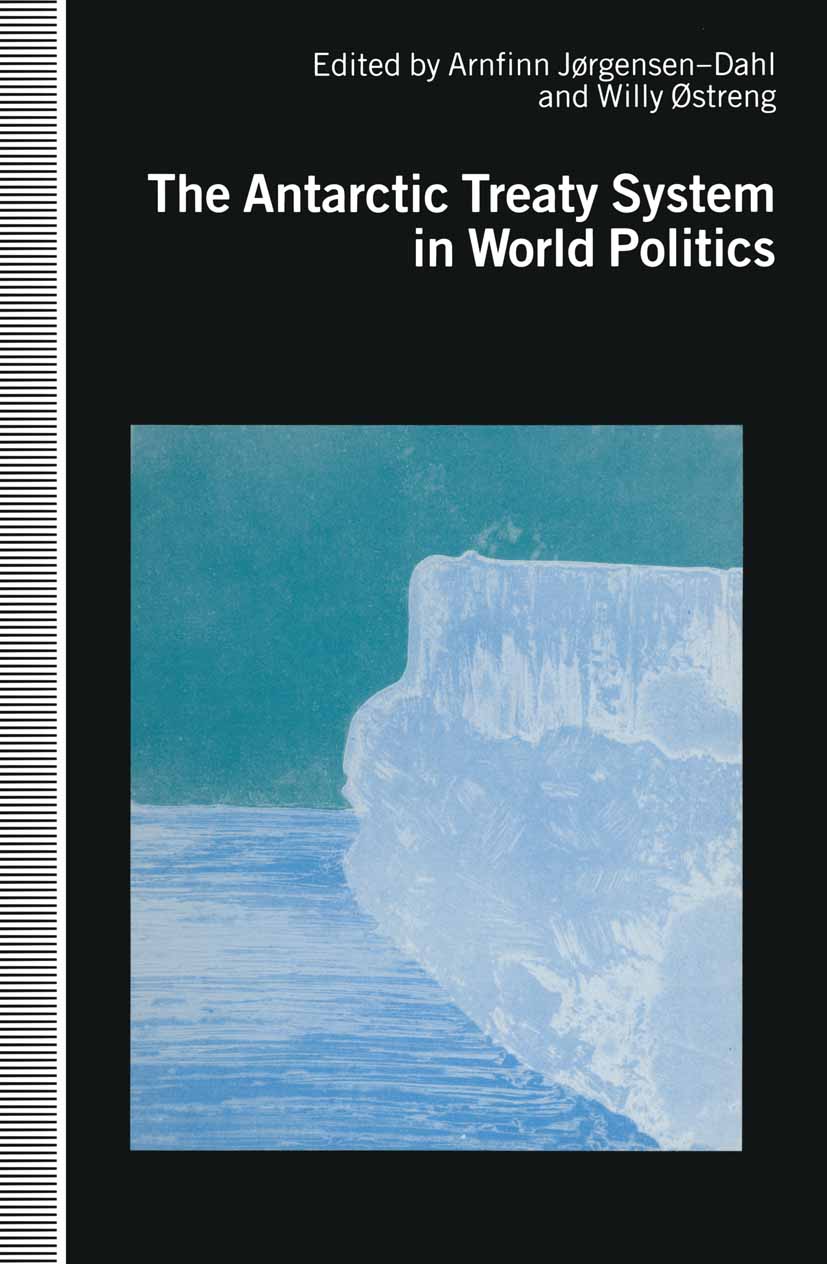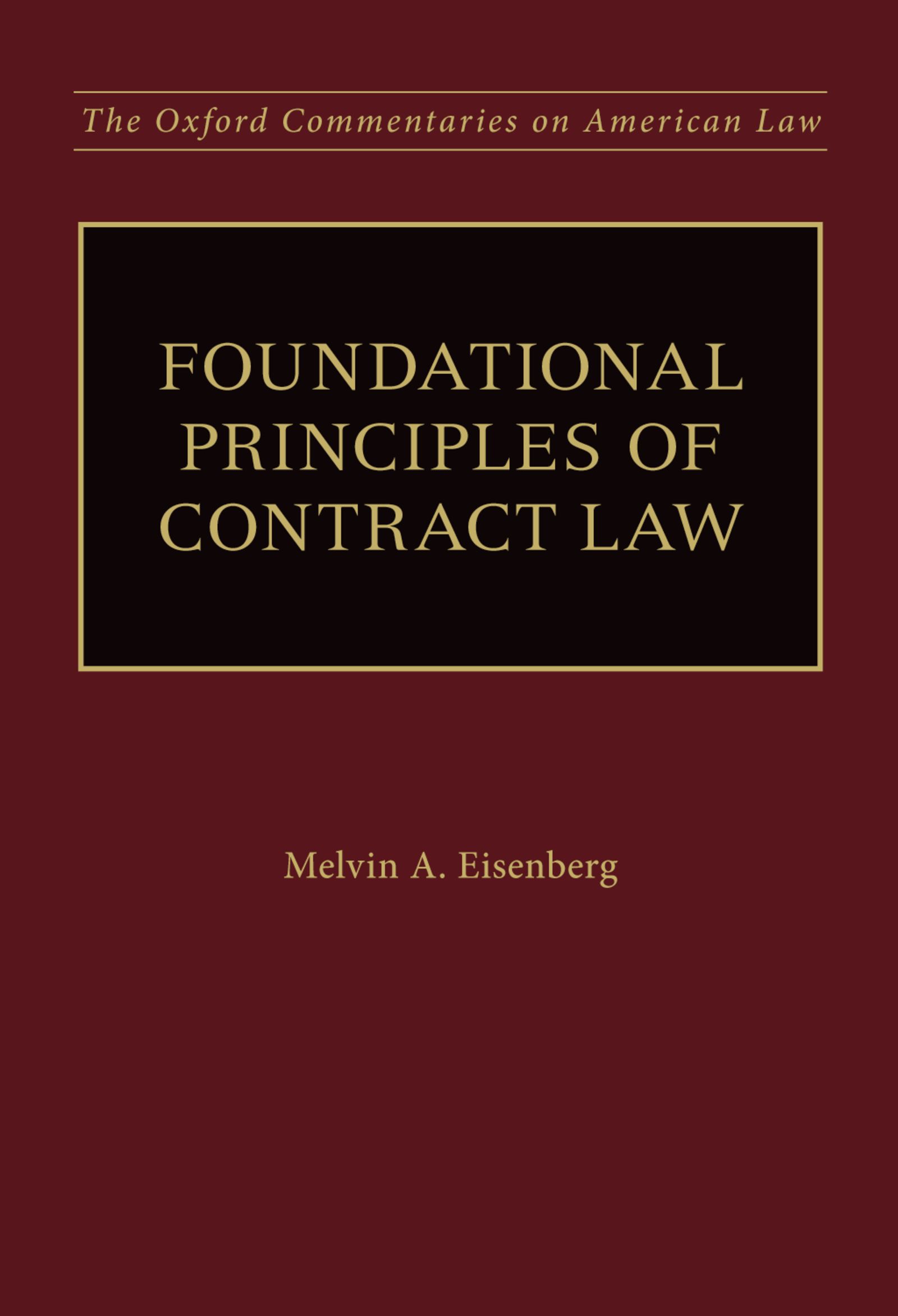Membership in International Organizations
Membership in International Organizations
This book proposes that fundamental concepts of institutional law need to be rethought and revised. Contrary to conventional wisdom, international organizations do not need to have members, and the members do not need to be states and international o...
Read more
This book proposes that fundamental concepts of institutional law need to be rethought and revised. Contrary to conventional wisdom, international organizations do not need to have members, and the members do not need to be states and international organizations. Private sector entities may, for instance, also be full members. Furthermore, international organizations do not need to possess international legal personality, nor is their autonomy a corollary of their personality. Moreover, the notion of “subject of international law” also needs to be reconsidered and the very concepts and definitions of “intergovernmental organization” and “international organization” need to change and be defined in a wider manner. In this publication the legal implications of membership are analyzed and a new analytical framework for international organizations is proposed. The argument is propounded that the power of creation of new organizations has passed over to international organizations and other entities while an outlook on future development is also presented. Dr. Gerd Droesse is a recognized specialist in institutional law, international administrative law, complex institutional and financial policy matters and corporate governance issues, with over 30 years of experience in working for international organizations in senior and management positions. He was the Legal Counsel/Acting General Counsel of the Green Climate Fund and assisted the World Green Economy Organization as General Counsel in its transition to a new type of intergovernmental organization.
Less


